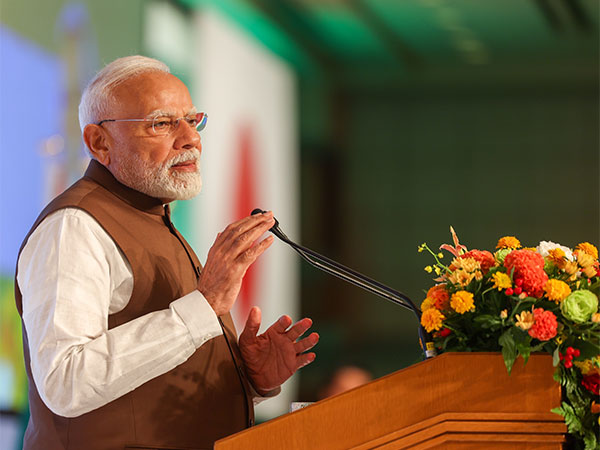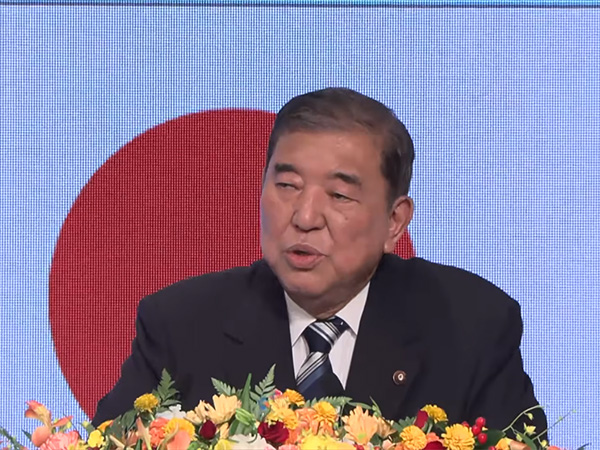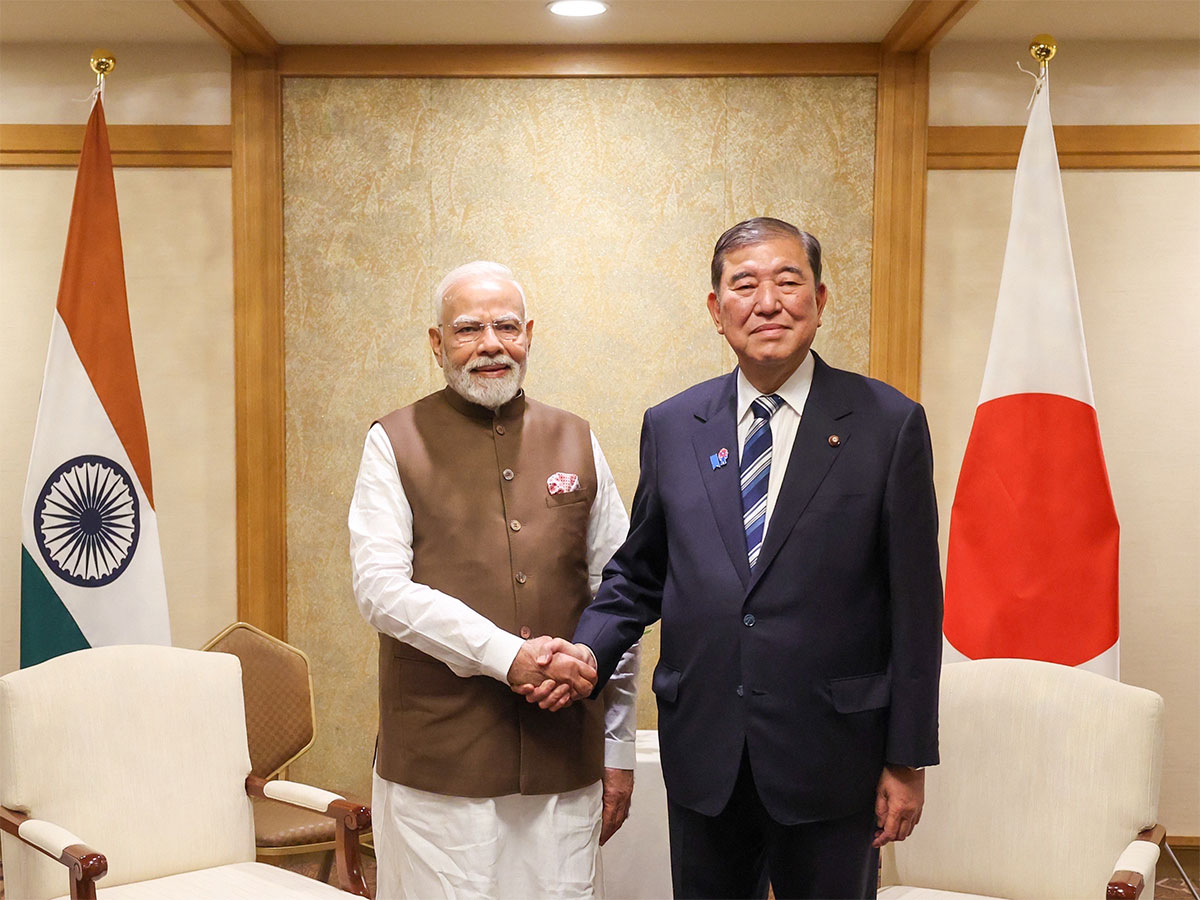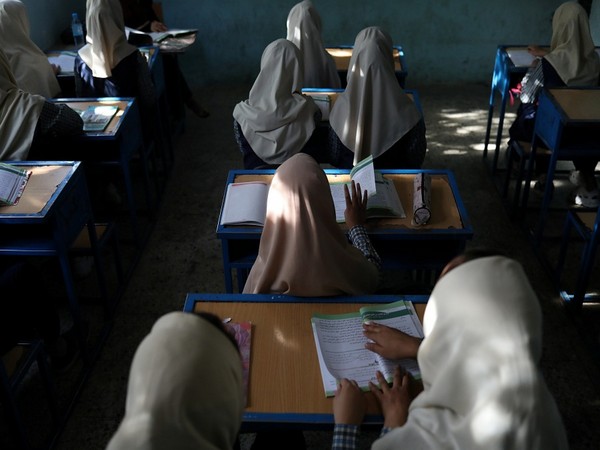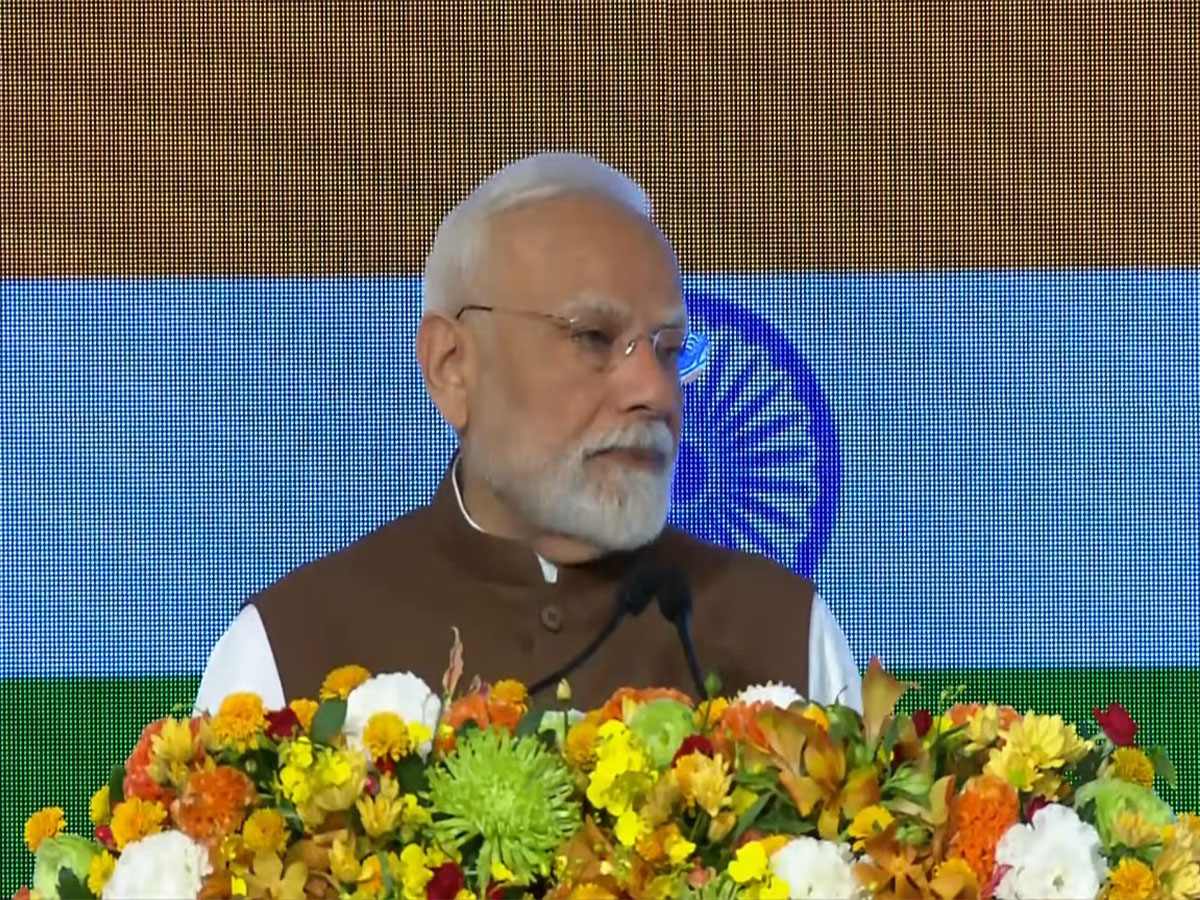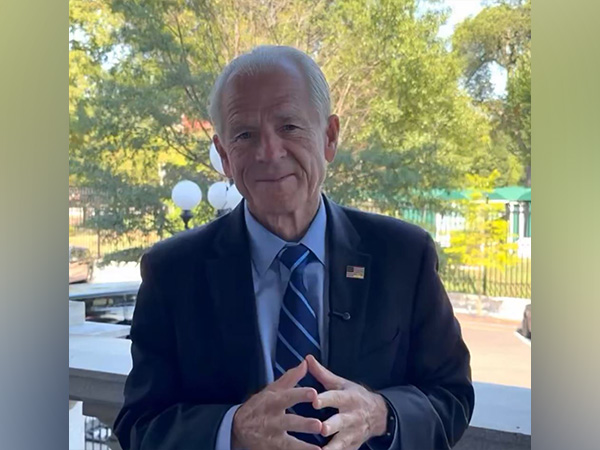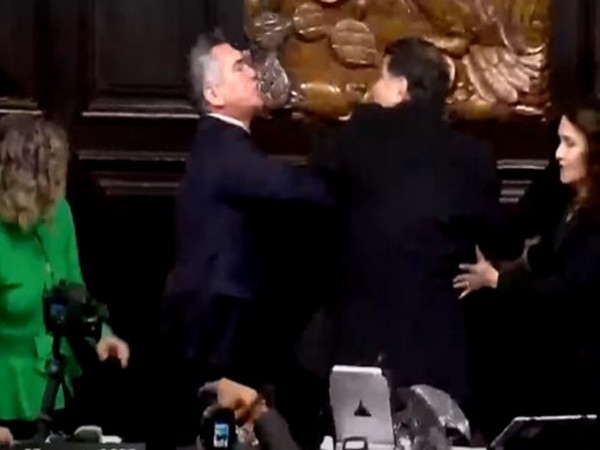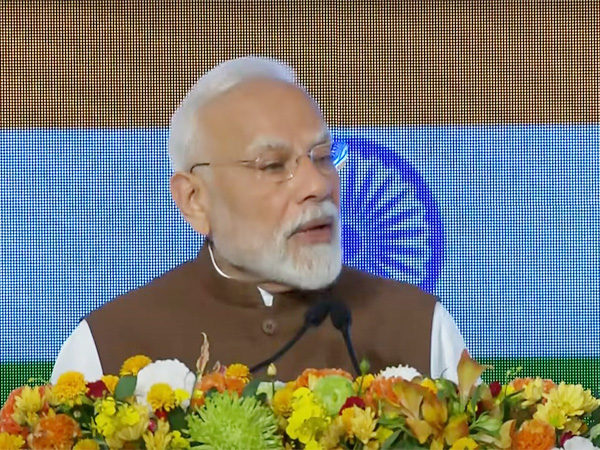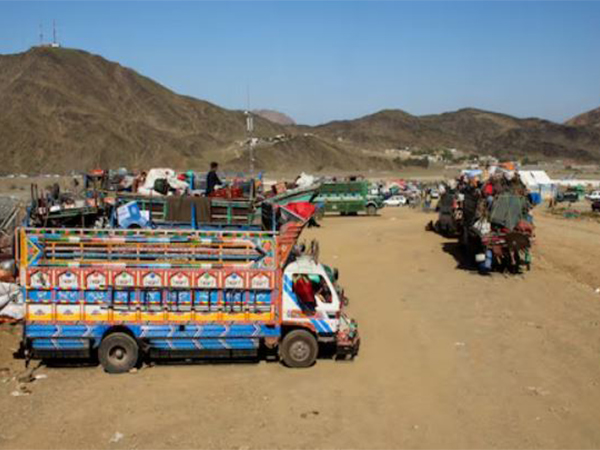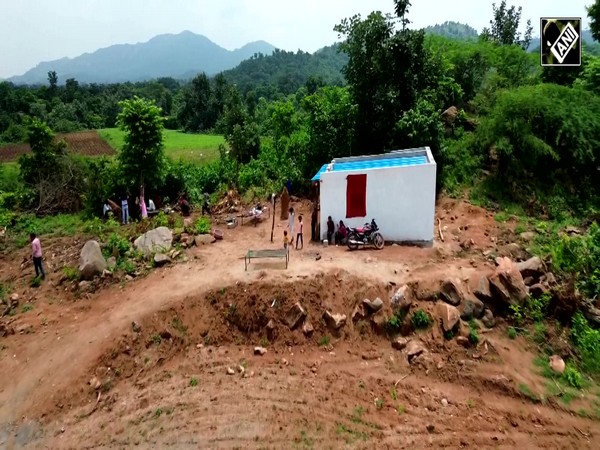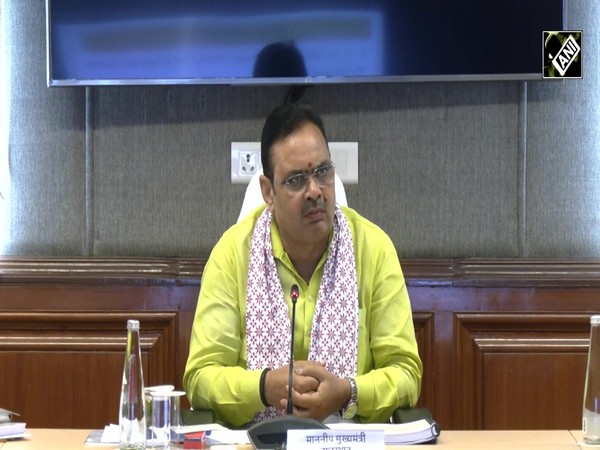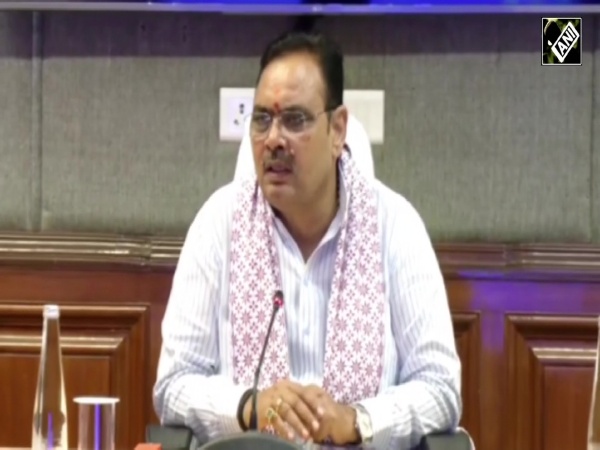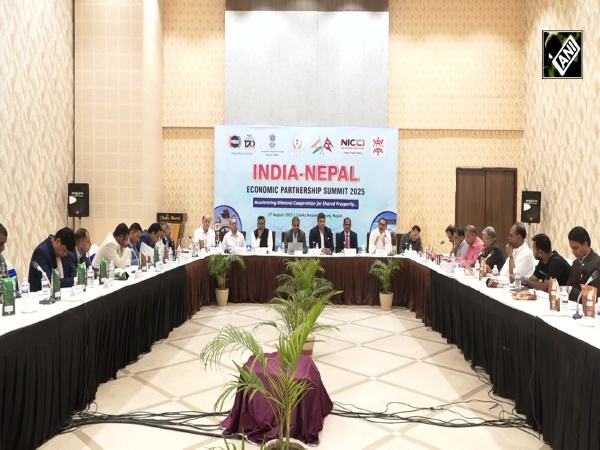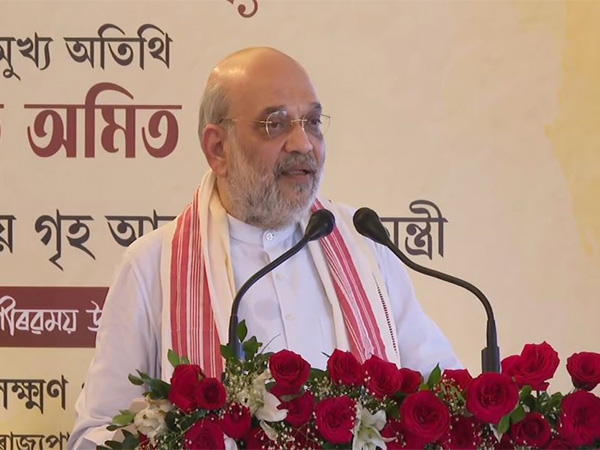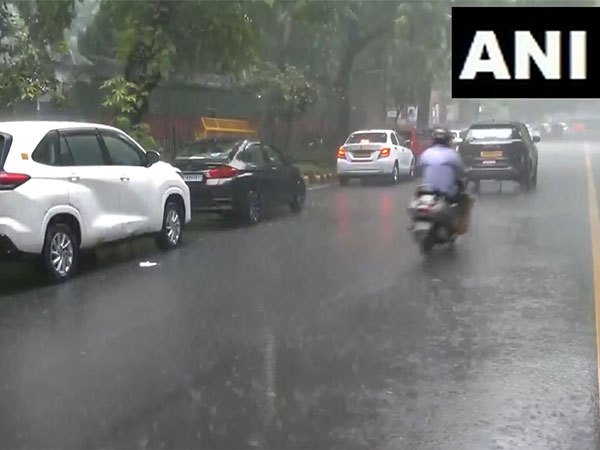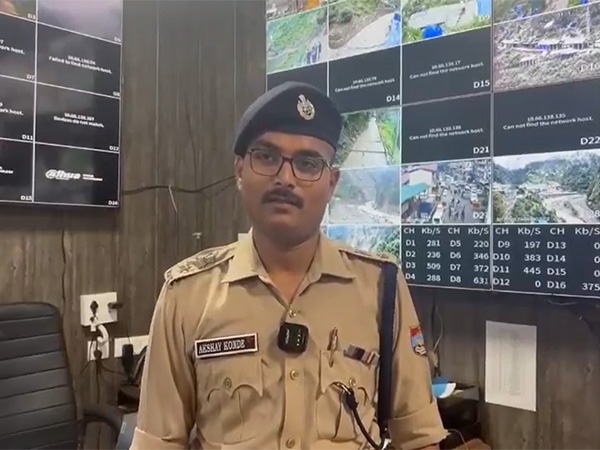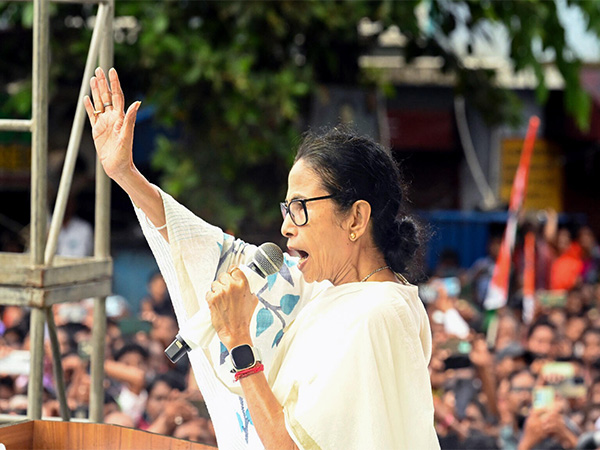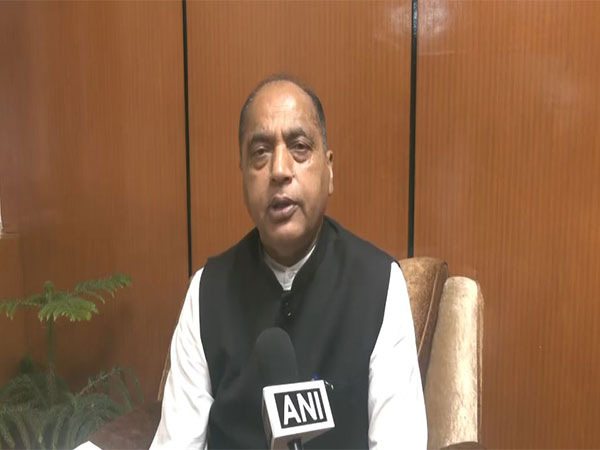
"Israel acting alone to defend itself under Operation Rising Lion", says Ambassador Reuven Azar
Jun 13, 2025
New Delhi [India], June 13 : Amid escalating tensions in the Middle East, Israel is carrying out Operation Rising Lion independently to defend itself against existential threats, even as coordination with Arab nations has deepened in the wake of the Abraham Accords.
In an exclusive interview with ANI, Israeli Ambassador to India, Reuven Azar, denied the existence of a formal military coalition but underscored growing regional cooperation to counter threats from Iran and its proxies.
"Israel is taking action by itself to defend itself. At the same time, what is happening is that following the Abraham Accords, we have a situation in which we have much higher coordination with countries in the region in monitoring the skies of the Middle East and defending ourselves against threats coming from Iran and its proxies. And that's the reason why we've been able to cope so successfully with the biggest barrage of ballistic missiles fired ever in the history of the world that happened back in April. So the help and the assistance of our partners are important. And this is, yes, you can say it's a coalition. It's not an official coalition. Israel is not fighting together with a coalition at this point. Israel is acting alone to defend itself against an existential threat to it," Ambassador Azar said.
Azar also elaborated on Israel's long-standing position regarding Iran's nuclear capabilities. "Well, we haven't at any time mentioned that Iran cannot have nuclear power plants for electricity. What we didn't want was for Iran to possess the ability to enrich uranium by itself, because that would be an element in the composition of a nuclear arsenal. You have to understand. You need three components to launch a nuclear attack. You need the missile, which is the vehicle. You need the fissile material, that is the stuff that you need to put in a bomb. And you need a nuclear warhead. So if they have developed the plans, and we have already exposed that with the nuclear information that we have seized. About pairing the warhead with the missile. That since 2003. Iran has been conducting activities to create a nuclear warhead. So if they already have the ballistic missiles and they have the fissile material and they are capable of producing fissile material, then they would have the potential to create a huge nuclear arsenal. And therefore, that fissile material has to be removed from Iran. And the only material that can be used is that which is being imported to create electricity. We haven't said that that's not possible," he said.
He emphasised that Israel's military action is limited in scope and entirely defensive. "Well, again, you know, I don't want to speculate. I think that we are taking limited action to defend ourselves. It's completely up to other countries to decide whether they want to get involved. I don't think that any of them have insinuated at this point that they want to be part of this military conflict. So I think I wouldn't go that far," he said.
He also underscored that Israel's military response comes after prolonged restraint.
"I think that Israel has been acting very responsibly because we've been postponing this military action for a very long time. Iran has been given many, many chances to retract from this policy. They have been sanctioned, they've been negotiating with, we have seen many, many attempts by different countries in the world to try to divert Iran from this line of action. And the fact that we have reached this point is because it's an imminent moment that we couldn't continue living with. And therefore, we took action. I think people appreciate the degree of our restraint. And I can tell you that many countries in the Arab world feel as threatened by Israel as Israel, if not more, because, you know, what the Iranians are doing is very clear for many countries. Iran wants to take Jerusalem, but it's only a stop on the way to Mecca and Medina. This is what they want to do. They want to control the Islamic world. And they have been attacking other countries in the past. Look what happened more than four years ago in Saudi Arabia when they directly attacked the oil production of Saudi Arabia. So I think that Israel is supported. And people, even if they don't support, they understand why we are taking this action," Azar added.
Addressing global narratives and perceptions around the strikes, Azar said many countries are responding responsibly and acknowledging Israel's right to self-defence. "Well, I haven't seen, you know, I've seen the responses following what happened tonight. I think that many countries are responding in a very responsible way. Of course, they're in a situation of alarm and concern, but they haven't delegitimised our right to self-defence. I think the fact that we have shared intelligence... both with the IAEA and with other Western powers and other friends. People understand the ferocity and the radicalism coming from Iran, the fact that they have been doing all these activities to destroy us, and haven't seen condemnation so far. We are, of course, in touch with the Indian government as well, and we are coordinating briefs to our colleagues to present them with both the information we have and the action that we've taken," he said.
When asked about possible prior consultations with Saudi Arabia before the strikes, the Ambassador responded briefly, "I'm not aware of that."
He also outlined Israel's current state of readiness, stating that both the government and the public are on high alert. "We are prepared for any scenario. I think that Iran has the option to stop. Iran might continue. We have prepared ourselves for this continuation. And of course, the entire public in Israel is now in a state of alert. They have been instructed to stay close to shelters. We don't have schools in Israel today. So, yes, we are in a situation of alert. We will continue preparing our population for any retaliation. And we will, of course, keep the freedom of action that is necessary to defend ourselves against the power that wants to destroy us," he said.
Referring to a past U.S. proposal, he noted Israel's conditional acceptance of Iran's civilian nuclear use. "If that is the contours of moving forward. Yes," he said, referring to Trump's plan to provide Iran with nuclear fuel for civilian use.
Azar also underscored the importance of narrative in modern warfare, noting that Israel would continue to present its position to the international community. "A lot of the military strategies are also about narrative building. The IDF has just put out a video which says that the Iranian regime wants to destroy the state of Israel and is not hiding," he said.
